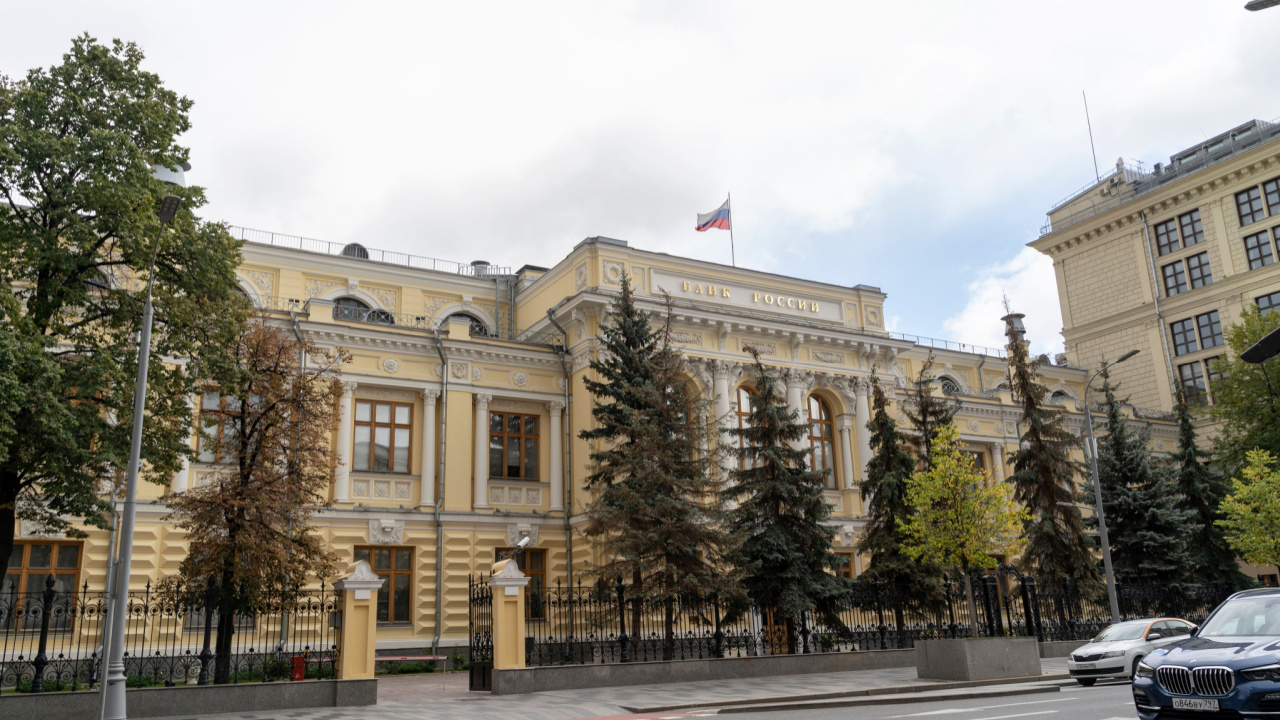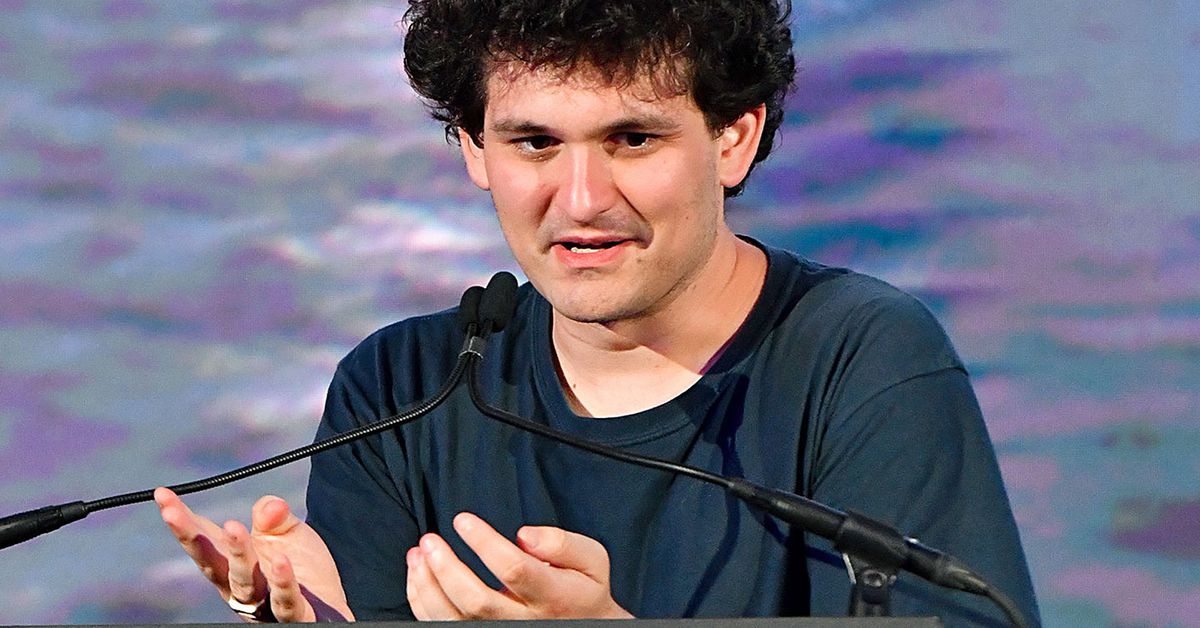The Central Bank of Russia is proposing to introduce tax incentives for long-term holders of digital financial assets. The idea has been circulated with a consultation paper published for public discussions on the development of the digital asset market in the Russian Federation.
Bank of Russia Talks Regulation in New Report Devoted to Digital Assets Market
Russia’s monetary authority has published a report on the future of the Russian digital asset sector. The document explores the development of the market for digital financial assets (DFAs) and utility digital rights (UDRs), and legal terms partially covering cryptocurrencies and tokens — those with an issuing entity, in particular.
The Central Bank of Russia (CBR) believes that additional regulations are needed to improve the DFA framework and harmonize it with the rules that govern the traditional financial industry. According to the regulator, this would increase investment, circulation, and liquidity while ensuring better investor protection.
Taxation is one the aspects reviewed in the consultation paper. The Bank of Russia proposes to offer tax incentives for investors holding long-term DFAs and UDRs, suggesting the adoption of a mechanism similar to a special tax regime that applies to holders of individual investment accounts. The latter was introduced with the aim to attract citizens’ free funds to the securities market.
The CBR believes its proposal would create new opportunities for Russian citizens and businesses, simplify transactions with digital assets and digital rights, and reduce operating costs. However, it notes that additional discussions with relevant government institutions and market participants are needed before approving such tax incentives.
Russia’s Central Bank Pushes for Better Identification of Digital Asset Investors
The Russian central bank also wants to see improvements in the identification procedures applied to DFA holders. Quoted by RBC Crypto, the monetary policy regulator explained this would allow the country to let foreign DFAs enter its market, adopt regulations designed specifically for smart contracts, and develop necessary accounting procedures.
Among the other proposals for which the CBR is seeking feedback in the next month is the idea to facilitate the tokenization of various assets such as securities and bonds, precious stones and metals, property rights in the form of non-fungible tokens, and claims secured by mortgages. The Bank of Russia also wants the public discussions to cover the listing of digital assets on existing exchanges and digital asset transactions through intermediaries.
Russia has been looking to expand its regulatory framework for DFAs and the institutional debate over the status of decentralized assets such as cryptocurrencies has been going on for months. While the central bank called for a blanket ban on crypto activities in January, it later agreed with the finance ministry in Moscow to legalize cross-border crypto payments. The change in its stance came amid increasing sanctions pressure over Russia’s invasion of Ukraine which started in late February.
Do you think the Russian government will adopt tax incentives for digital asset holders? Share your expectations in the comments section below.
Image Credits: Shutterstock, Pixabay, Wiki Commons, Ultraskrip
Disclaimer: This article is for informational purposes only. It is not a direct offer or solicitation of an offer to buy or sell, or a recommendation or endorsement of any products, services, or companies. Bitcoin.com does not provide investment, tax, legal, or accounting advice. Neither the company nor the author is responsible, directly or indirectly, for any damage or loss caused or alleged to be caused by or in connection with the use of or reliance on any content, goods or services mentioned in this article.


